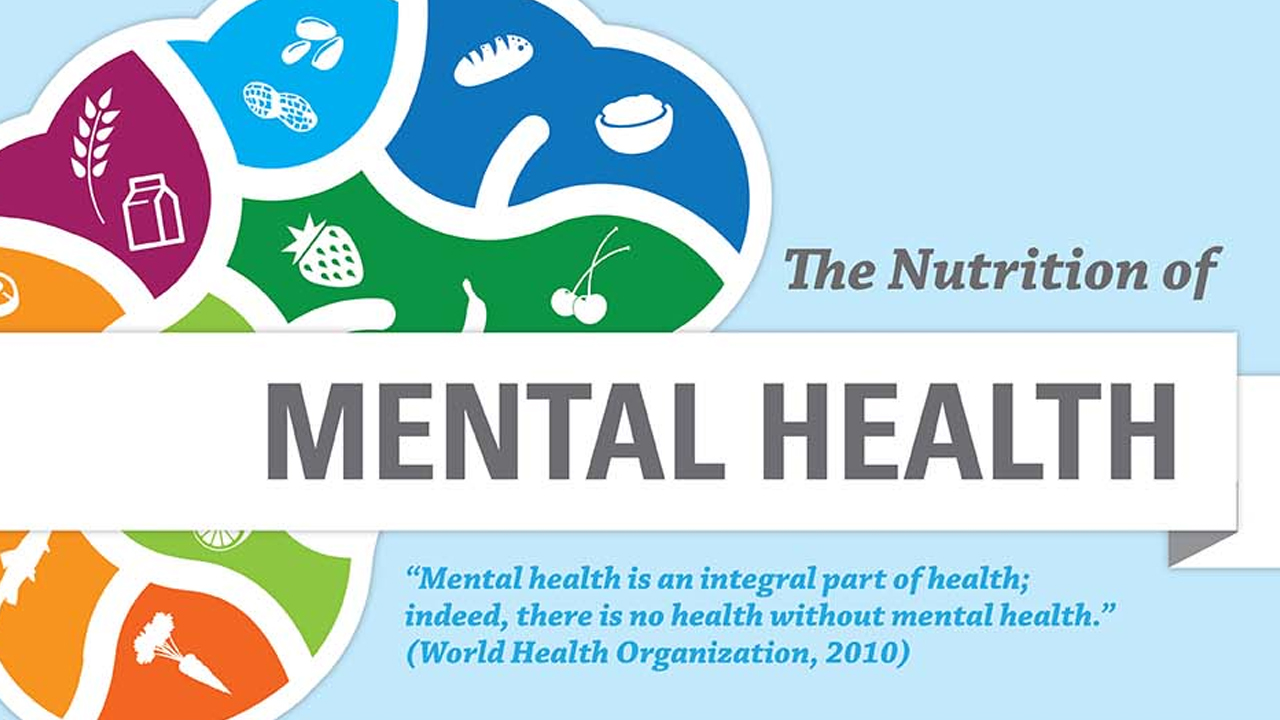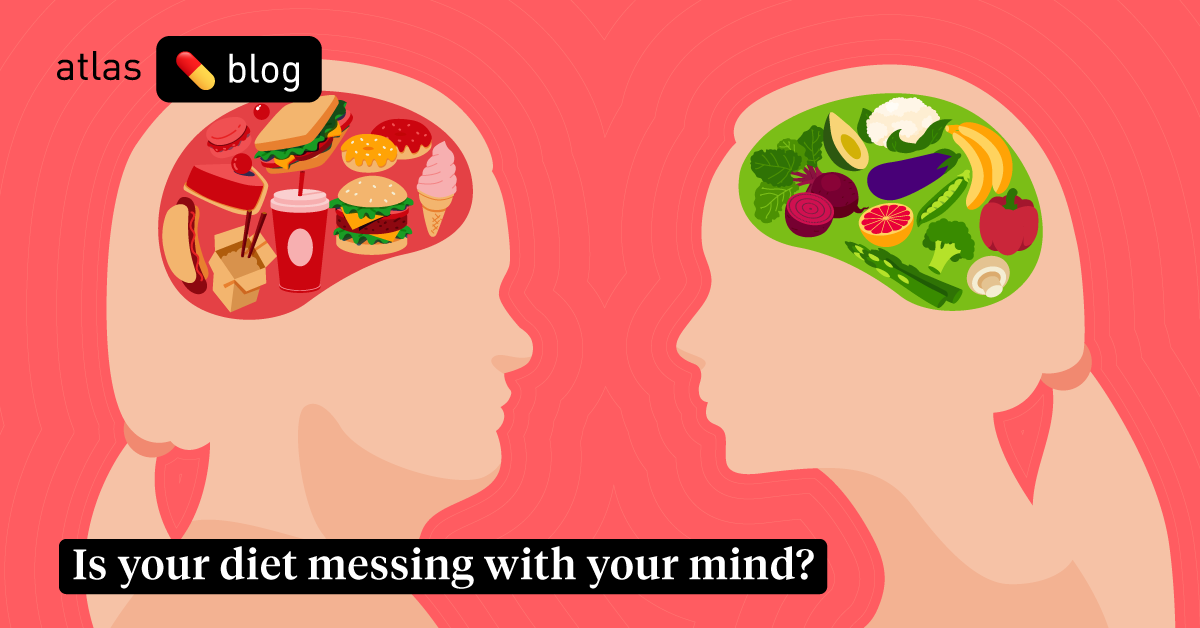Relationship Between Diet And Mental Health
Monday, January 15, 2024
Edit

The Relationship Between Diet and Mental Health
What is the Relationship Between Diet and Mental Health?
It is becoming increasingly clear that there is a strong connection between diet and mental health. Many scientific studies have shown that the foods we eat can have a direct impact on our mental well-being. A healthy diet can help reduce the risk of developing mental health problems, such as depression and anxiety. Conversely, an unhealthy diet can increase the risk of developing mental health issues.
The foods we eat can affect our mental health in many ways. They can help us to maintain a balanced mood, reduce stress, improve our ability to concentrate, and even promote better sleep. Eating a diet rich in fresh fruits, vegetables, and lean proteins can help ensure that we are getting the essential nutrients our brain needs to stay healthy and functioning properly. Conversely, a diet that is lacking in essential nutrients can lead to physical and mental fatigue, and can even increase the risk of developing mental health issues.
What Foods Should You Eat For Mental Health?
Eating a balanced diet that is rich in essential nutrients is key to maintaining good mental health. Eating plenty of fresh fruits and vegetables, lean proteins, and healthy fats can help ensure that your brain is getting the essential vitamins and minerals it needs to stay healthy. Additionally, foods that are high in antioxidants, such as blueberries, dark chocolate, and green leafy vegetables, can help combat oxidative stress, which can lead to mental health problems.
Eating healthy fats, such as olive oil, avocados, and nuts, can also help improve mental health. Healthy fats are essential for brain health and are important for neurotransmitter production, which can help regulate mood and emotion. Additionally, omega-3 fatty acids, which are found in cold-water fish, are important for brain health and can help reduce symptoms of depression.
What Foods Should You Avoid For Mental Health?
In addition to eating a balanced diet that is rich in essential nutrients, it is also important to avoid certain foods that can be detrimental to mental health. Eating too much sugar can lead to a rapid spike in blood sugar levels, which can lead to irritability and mood swings. Additionally, processed foods that are high in sodium and saturated fats can increase the risk of depression and anxiety.
Alcohol and caffeine should also be avoided, as they can both have a negative impact on mental health. Alcohol can lead to depression and anxiety, and caffeine can lead to increased anxiety and agitation. Additionally, both alcohol and caffeine can interfere with sleep, which can have a negative impact on mental health.
Conclusion
It is clear that there is a strong connection between diet and mental health. Eating a balanced diet that is rich in essential nutrients can help keep our brains healthy and functioning properly. Additionally, avoiding certain foods, such as sugar, processed foods, alcohol, and caffeine, can help reduce the risk of developing mental health issues. Eating healthy foods and avoiding unhealthy foods can help ensure that our mental health is in top condition.
Link between Diet and Mental Health - Role of a Nutritious Diet on

The Deep Connection Between Nutrition and Mental Health - Infographic

The Deep Connection Between Nutrition and Mental Health - Infographic

Diet And Mental Health: What To Eat to Boost Your Mood

(PDF) Relationship Between Diet and Mental Health in Children and

Nutrisystem Pros and Cons - HRF

(PDF) The Unexplored Relationship Between Diet & Mental Health: A Review

How Diet affects Mental Health - YouTube

Link between Diet and Mental Health - Role of a Nutritious Diet on

The Nutrition of Mental Health Infographic | Mental Health | Pinterest
